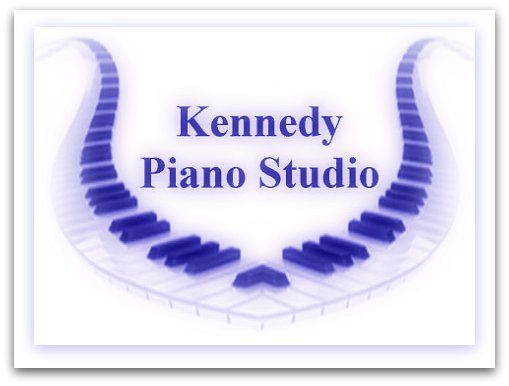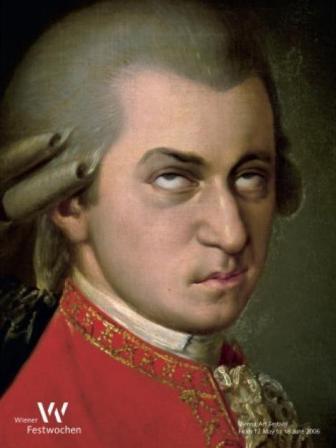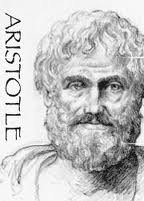Fill ou2019.20 Exam Dates
Royal Conservatory of Music
(for Conservatory Canada dates please scroll down)
December/January Session
Event Date
Online Registration Opens September 10, 2019
Online Registration Deadline November 5, 2019
Theory Examinations December 13 & 14, 2019
Practical Examinations January 13–25, 2020
April Session - Piano only
Event Date
Online Registration Opens November 12, 2019
Online Registration Deadline January 7, 2020
Theory Examinations N/A
Practical Examinations April 20–25, 2020
May/June Session
Event Date
Online Registration Opens January 14, 2020
Online Registration Deadline March 3, 2020
Theory Examinations May 8 & 9, 2020
Practical Examinations June 8–27, 2020
August Session
Event Date
Online Registration Opens April 7, 2020
Online Registration Deadline June 2, 2020
Theory Examinations August 7 & 8, 2020
Practical Examinations August 10–22, 2020
2019.20 Theory Examination Dates
Theory Examinations take place only on the dates stated above and according to the following schedule:
Subject Day Time
Level 5 Theory Saturday 2:00–3:00 pm
Level 6 Theory Saturday 9:30–11:30 am
Level 7 Theory Saturday 9:30–11:30 am
Level 8 Theory Saturday 2:00–4:00 pm
Level 9 Harmony Saturday 9:30–12:30 pm
Level 9 History Friday 2:00–5:00 pm
Level 10 Harmony & Counterpoint Saturday 9:30 am–12:30 pm
Level 10 History Friday 9:30 am–12:30 pm
ARCT Harmony & Counterpoint Saturday 9:30 am–12:30 pm
ARCT History Friday 2:00–5:00 pm.
ARCT Analysis Saturday 2:00–5:00 pm
Speech Arts Technical Theory Levels 1-4 (Winter & Spring sessions only) Friday 9:30 am–12:30 pm
Speech Arts History & Literature Theory Levels 1-3 (Winter & Spring sessions only) Friday 2:00–5:00 pm
ARCT Teacher's Written Friday 9:30 am–12:30 pm
Elementary Piano Pedagogy Written Friday 9:30 am–12:30 pm
Intermediate Piano Pedagogy Written Friday 9:30 am–12:30 pm
Advanced Piano Pedagogy Written Friday 9:30 am–12:30 pm
Alternate Theory Examination Schedule
The following exams are offered at these alternate seatings
to accommodate candidates who may have a conflict with the original date and time.
Subject Day Time
Level 5 Theory Friday 9:30–10:30 am
Level 6 Theory– Friday 9:30–11:30 am
Level 7 Theory Friday 9:30–11:30 am
Level 8 Theory Friday 9:30–11:30 am
Level 9 Harmony Friday 9:30–12:30 pm
Level 10 Harmony & Counterpoint Friday 9:30–12:30 pm
ARCT Harmony & Counterpoint Friday 9:30–12:30 pm
ARCT Analysis Friday 9:30–12:30 pm
Conservatory Canada offers a variety of
Examination options for assessment.
2020 Practical Examinations
SESSIONS DATE APPLICATION DEADLINE
Winter February 3-22, 2020 Thursday, November 14, 2019
Spring June 1-30, 2020 Thursday, March 12, 2020
Summer August 10-22, 2020 Thursday, June 11, 2020
2020 Theory Examinations
SESSIONS DATE APPLICATION DEADLINE
Winter Saturday, January 18, 2020 Thursday, November 14, 2019
Spring Saturday, May 9, 2020 Thursday, March 12, 2020
Summer Saturday, August 8, 2020 Thursday, June 11, 2020
Please note that you can still apply for an examination online for 2 weeks after the application deadline. However, a late fee of $30 will automatically be applied to each late application.
Flex Theory Exams
Our Flex Theory Exam option allows students to write their theory exams in ANY location convenient for them on ANY day of the year! The exam can be written in any quiet location that the student and teacher feels is appropriate and the exam is administered by a presiding officer of your choice. This option allows us to email the exam to the presiding officer a few days before the scheduled exam date. The presiding officer must have access to the technology required to accommodate the electronic nature of the exams, as we only send them by email and they must be scanned and emailed back.
Register for a Flex Theory Exam through your portal and then email registrar@conservatorycanada.ca with the following information a minimum of two weeks before the day you wish to write your exam. It’s that easy!
• Date and exact time that the exam will be written. This is chosen entirely at the discretion of the student and teacher.
• Name and address of the location where the exam will be written. This can be any quiet space that the student or teacher feels is appropriate.
• Name, email address, and telephone number of the presiding officer. This can be any responsible adult other than the student’s parents or theory teacher. Other music or school teachers may be used, as long as it is not the teacher for the particular course being examined. The presiding officer that you select must have access to a printer and scanner. The exam paper will be sent to the presiding officer by email two business days before the student is scheduled to write. They will need to print the exam, supervise the student while he/she writes, then scan the completed exam as a single PDF file and return it by email. Exams returned in other formats will not be accepted. There are no other restrictions on who can proctor the exam.
Practical Flex eExams
Our eExams are practical exams that take place online. Originally developed for piano exams, we are now able to offer Voice and String eExams. For a complete description and video featuring our eExam technology, click here. These exams are booked online at least two weeks before your desired date.
In-person Flex Practical Exams
In some centers where we have an Examiner at “arms length” from the student and teacher, as well access to an appropriate no cost venue, we can schedule in-person exams outside of our seasonal sessions. These exams are booked online, but consultation with our office is recommended in advance.
t my online form.
Online contact and registration forms from Wufoo.



